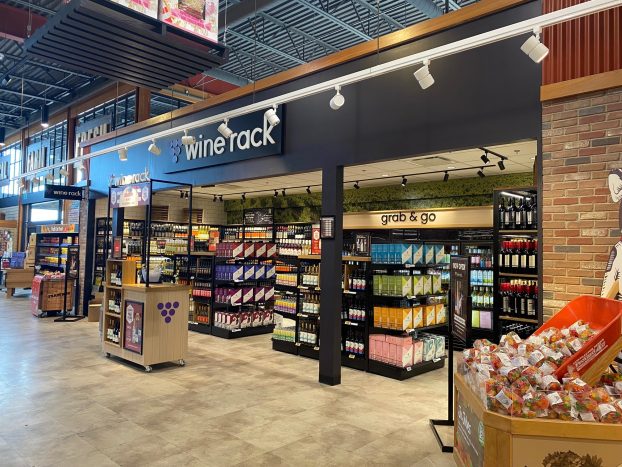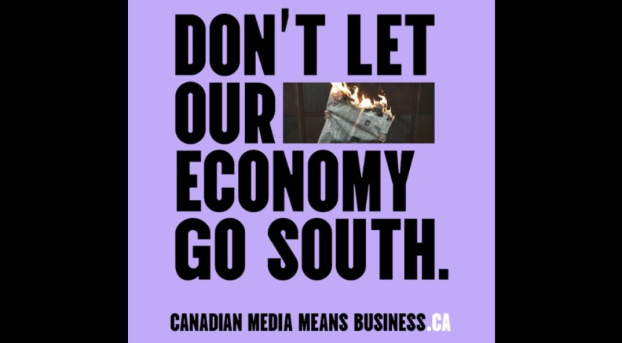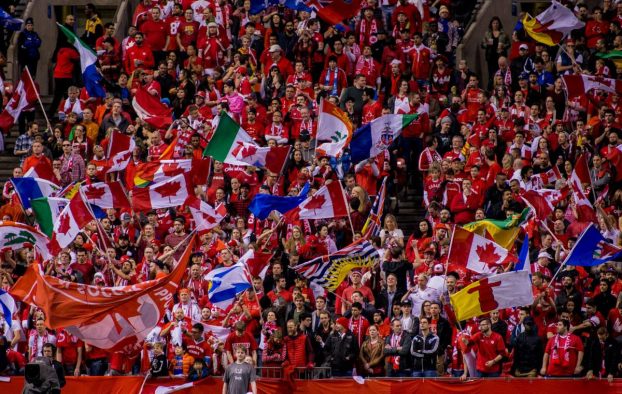 Photo credit: Jocelyn Allen/Unsplash
Photo credit: Jocelyn Allen/Unsplash
Kraft Heinz is reportedly considering a split just more than a decade after its merger amid decreased demand for some of its products as consumers seek out healthier and cheaper options.
The Wall Street Journal (WSJ) reported on Friday that sources familiar with the plan said the company is considering splitting many of its Heinz products into a separate organization that it values as high as $20 billion USD. The WSJ sources said the move could come as soon as the next few weeks but warned that the deal had yet to be finalized with officials still discussing which brands to potentially separate out.
Kraft Heinz said in a statement that it “has been evaluating potential strategic transactions to unlock shareholder value,” according to the report. The company’s stock was up 1.2% early Monday after Friday’s 2.5% boost at close.
News of the potential breakup came a day after cereal maker WK Kellogg agreed to be purchased by Italy’s Ferrero for $3.1 billion USD.
But this spring’s first-quarter financials showed the company got out to a sluggish start to the year. Kraft Heinz reported at the end of April that net sales had decreased 6.4% and organic net sales had dipped 4.7% year over year through the first three months of fiscal 2025. The company lowered its full-year outlook from down 1.5% to down 3.5%.
“In today’s uncertain times, we are committed to controlling the controllables and making the necessary investments to deliver quality, taste, and value to our consumers through our beloved brands,” Kraft Heinz CEO Carlos Abrams-Rivera said at the time.
Second-quarter 2025 results are scheduled to be reported on July 30.
In October, Kraft Heinz reported that it hiked ad spend 4% through the third quarter of 2024 in an attempt to turn around slumping sales it attributed partly to its declining Lunchables business.
Kraft and Heinz merged in 2015 in a deal fostered by Warren Buffett and Brazilian private-equity firm 3G Capital Partners. The deal made the corporation co-headquartered in Chicago and Pittsburgh the third biggest food and beverage company in North America and the fifth biggest in the world.























